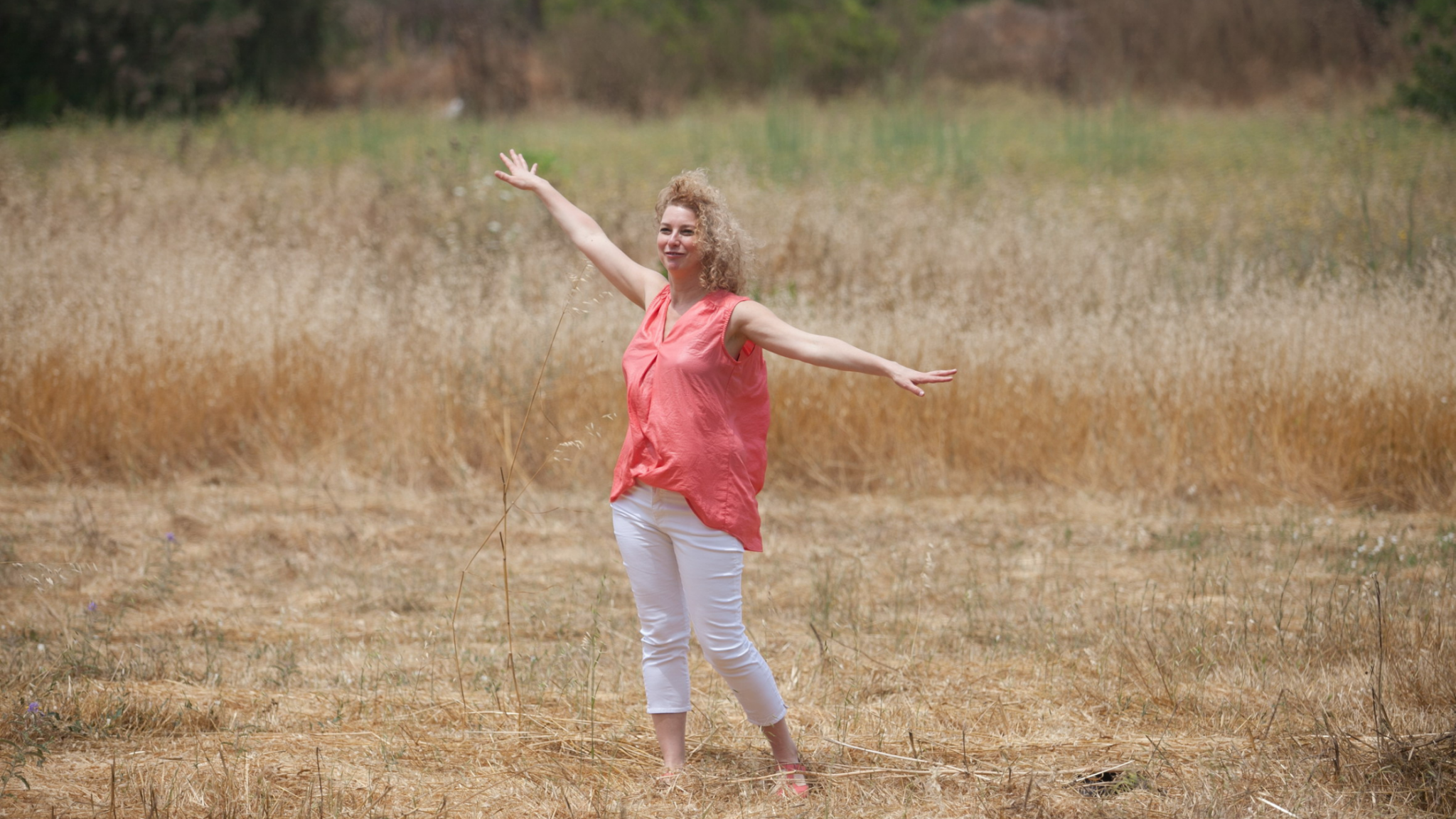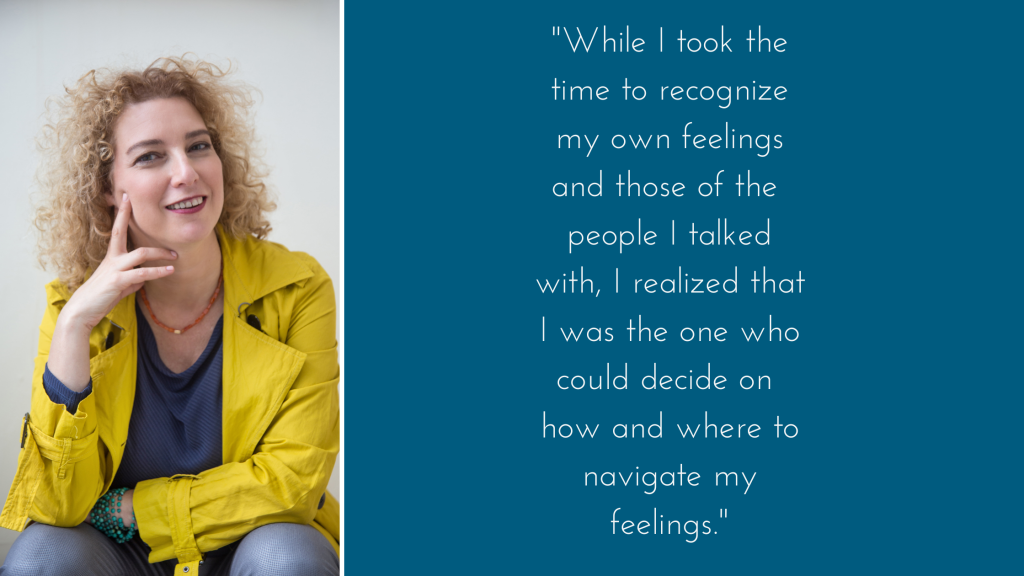
Navigating our Emotions
Just last week we were teaching module 3 of our international Pantarei practitioner training program. The focus of this module is on our emotions and how to navigate them, in order for them to contribute to our lives in the best way possible.
Pantarei focuses on the uniqueness of each individual. We believe that it is in what makes us unique and different, that we can find our own strength. When people truly get to express their own set of qualities, they are able to contribute to their own lives, and to those of others, in the best of ways. Our uniqueness is also present in the expression of our emotions. As practitioners, we endeavor to listen to what our clients think and feel, and to support them in navigating their emotions toward whatever would give them strength.
It starts through acknowledgment
Whenever we wish to deal with what we feel, we have to start by acknowledging what there is. Whether it is love and passion, or anger and sadness. All of those emotions simply indicate that we are human. No more or less than the person next to us.
We can feel jealousy or sadness, gratitude or joy. Sometimes our clients don’t even know how to describe what they feel. But they say things like: “My belly feels so weird”. “It feels as if my blood is thick and runs heavy through my veins”. Pantarei sessions include touch, and it is often when our clients feel the safety of their practitioner’s hands, that they can let themselves acknowledge what they have been feeling all along.
In order to navigate our emotions, we need to acknowledge them first. Whether we have the right words for them or not, those emotions need to be recognized.

It continues by giving them space
When we know what we feel, we need to give it space. This might sound simple. But in practice, it can be quite a challenge. In order to navigate our emotions, we need to allow ourselves the needed time and space. Breathing is a natural way through which we can create more space within.
In Pantarei sessions, practitioners guide their clients to breathe in ways that allow them to reach their heart and lungs, belly and back, ribs and spine. Our breathing is almost like performing magic. It can lead us to feel our body in a completely different way within a matter of seconds.
People often feel the need to close themselves and defend against feelings of sadness, embarrassment or shame. In a similar way, they often feel the need to defend themselves from feeling and expressing their own power, passion and love. Pantarei practitioners listen to the wisdom that exists in the emotions their clients display, and help give them space.
A few years before my colleague Claudia and I established the Pantarei Approach, I felt my own frustration grow with regards to my profession. At the time, I was a leading figure in another form of somatic work. And I realized that when I voiced my suggestions for change, not only was my voice not heard, I was made to feel like my opinions and feelings were irrelevant and had no space.
My feelings of disappointment led me into a deep journey of self-reflection, and to many realizations. I understood, that as long as I continued acting from within that organization, I would be doing things that were in contradiction to what my own heart told me. The more I acknowledged my feelings and gave them space, the more I became aware of what I needed to do.

The importance of navigating what we feel
After we acknowledge our feelings, and give them space, it is the time for us to navigate our emotions. We often relate to emotions as something that happens to us. Something we have very little say in. But in fact, when we give our emotions space, we can then steer the way towards a desired outcome.
Brené Brown has written a lot about shame in recent years. And it is a pleasure to explore this topic with her. Even though no-one would choose to feel shame if they can avoid it, the Pantarei Approach relates to this emotion in a similar way to how it relates to all others. We support our clients to recognize it, give it space and then, navigate it toward our desired outcome.
When I started my own journey of realization; acknowledging the things I could no longer agree with, shame was another emotion that accompanied me. I was sorry for what I was part of. And realized that, just as I had been hurt, I too had hurt others along the way. In the in-depth process that I then went through, I needed to recognize all these emotions and give them space. It was quite a painful space, I must admit. And with it, came the need for many apologies.
However, something incredible happened to me as a result. While I took the time to recognize my own feelings and those of the people I talked with, I realized that I was the one who could decide on how and where to navigate my feelings. I could choose despair and sorrow, deep regret and shame. Or, I could choose to take all that I went through, learn from it, and create something new.
Well, 4 years later, and my direction is clear. A large part of those feelings and realizations went into establishing and growing the Pantarei Approach. I knew that the training program I would establish would primarily be based on respect and safety, on listening, and on personal growth.

Emotions and our uniqueness
It is our role to navigate our emotions in the direction we choose. Emotions themselves are a great source of energy. And this energy can be harnessed, in order to enrich us.
The principles of the Pantarei Approach have continued to support me in my own journey. Focusing on the uniqueness of others, is a tool that has helped me digest the past. And it strengthens me.
When I started to realize my own story, questions continued to bother me. Why did it take me so long to realize that I needed to walk my own path? Why did I so often act in opposition to what my heart told me? And even more importantly, how can I deal with these insights now? How can I respect and trust my own decisions?
In short, I used the principles of the Pantarei Approach to answer my own questions. I looked at my own uniqueness and realized, that when I love people or the activities I take part in, I do so full-heatedly. I realized, that my heart, that wanted so badly to be fully involved, wasn’t to blame. And I came to embrace and appreciate my passion.
What I have done since this process, is simply to choose differently. I choose who to love and trust, and how to teach, with all of my heart. I have created my own approach that leads people to respect themselves and others. So, what could easily have resulted in lifetime of shame and regret, has been turned into one of even greater strength and determination, openness and love.
When we acknowledge who we are and what makes us unique, we can also acknowledge our emotions. We can give them space, listen to what they are really telling us about our wishes, our choices and our life, and choose how to navigate them in the direction we most desire.
Which emotions have brought you closer towards being more of yourself?




